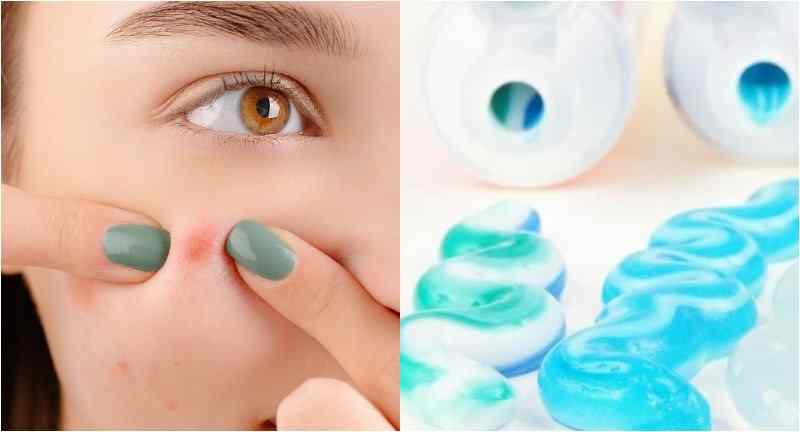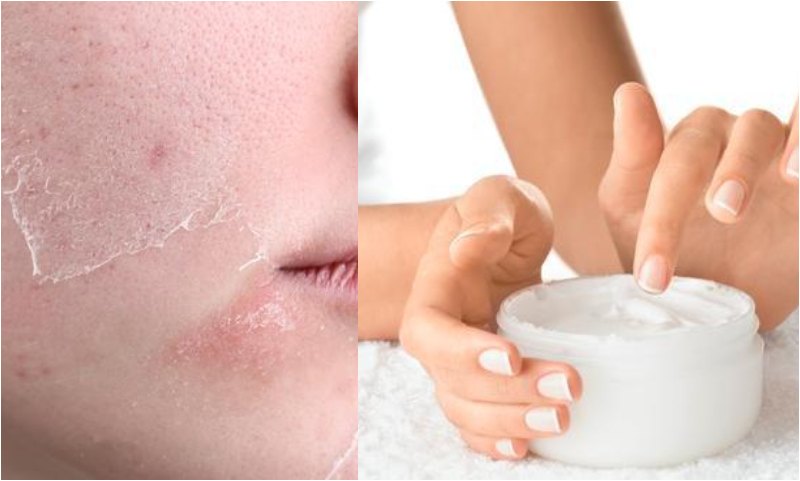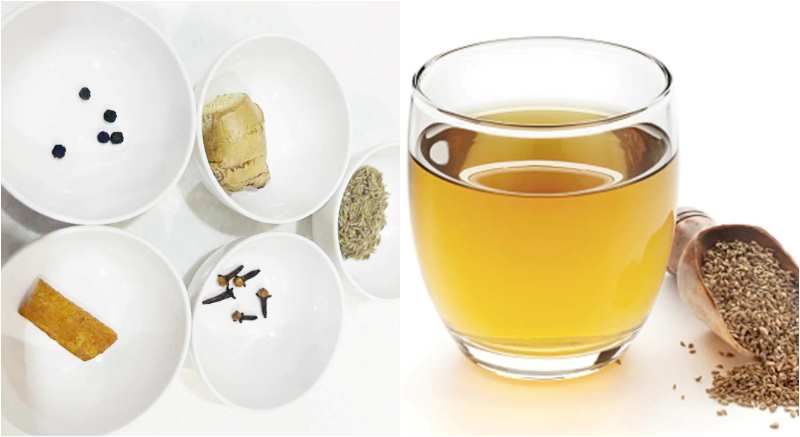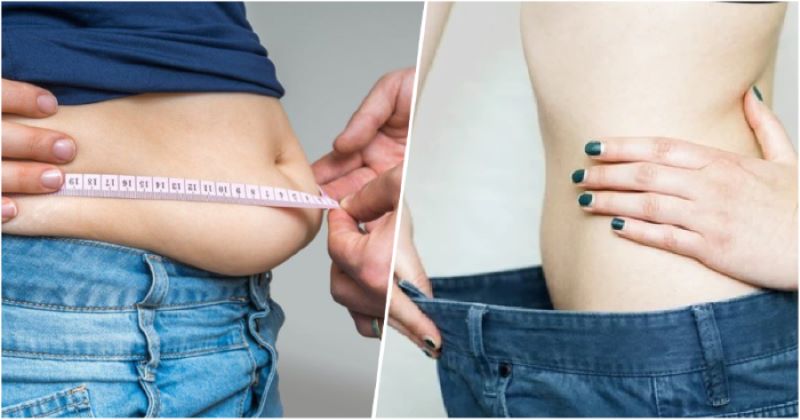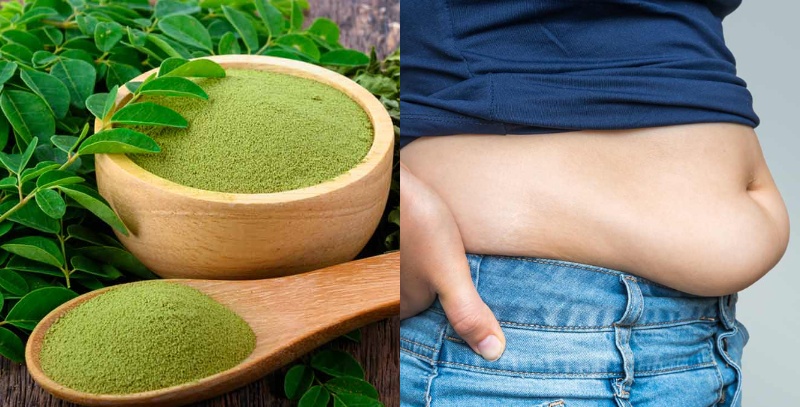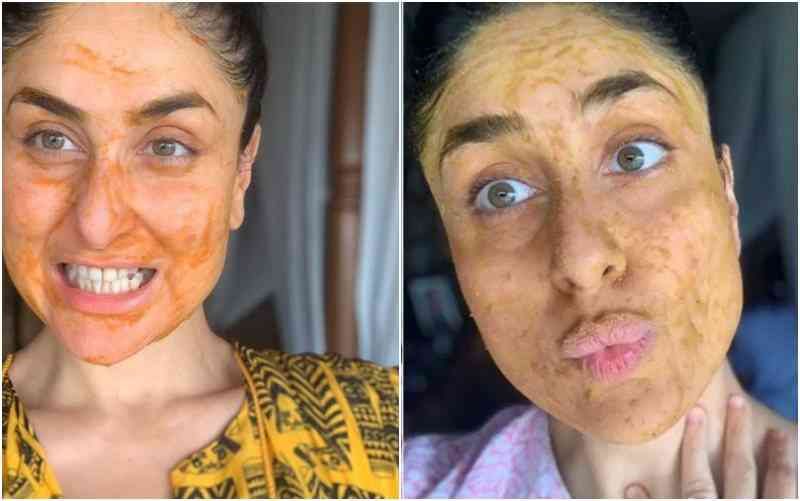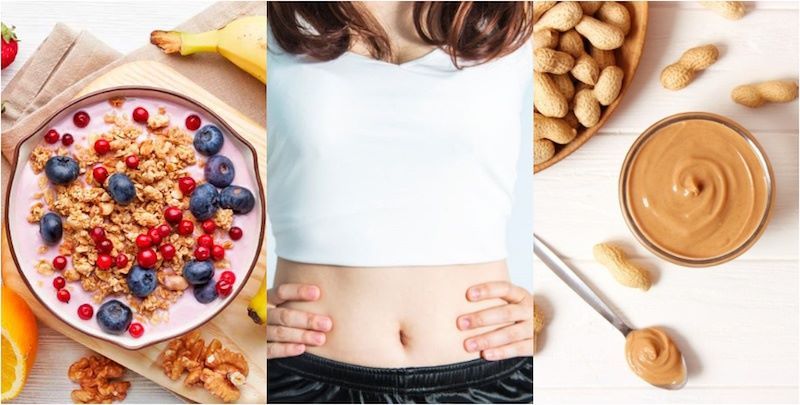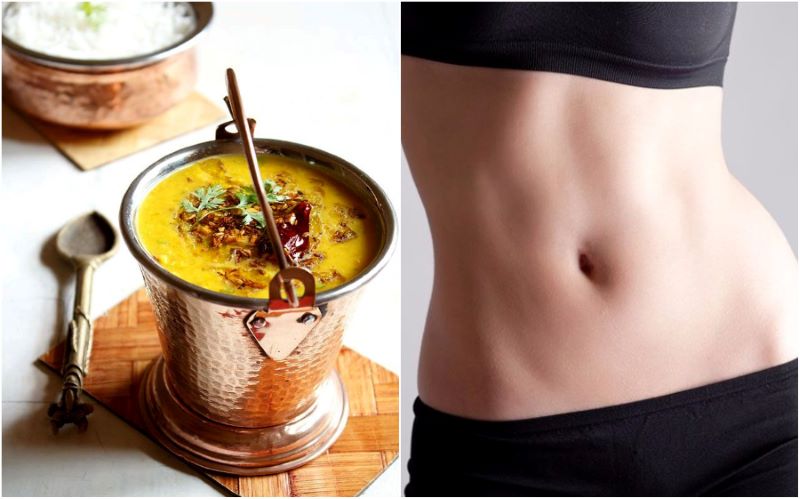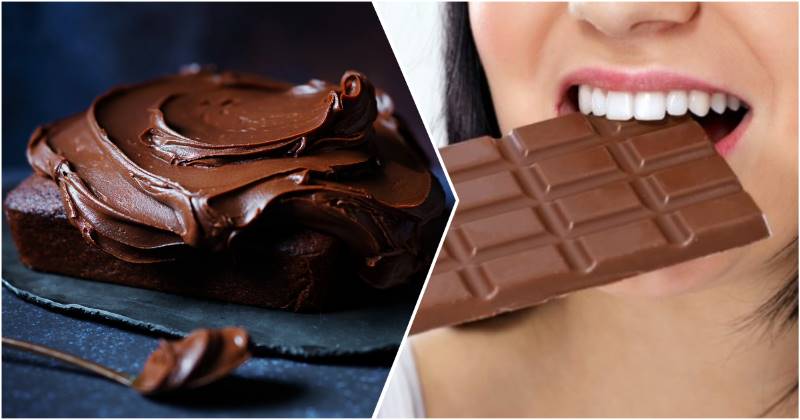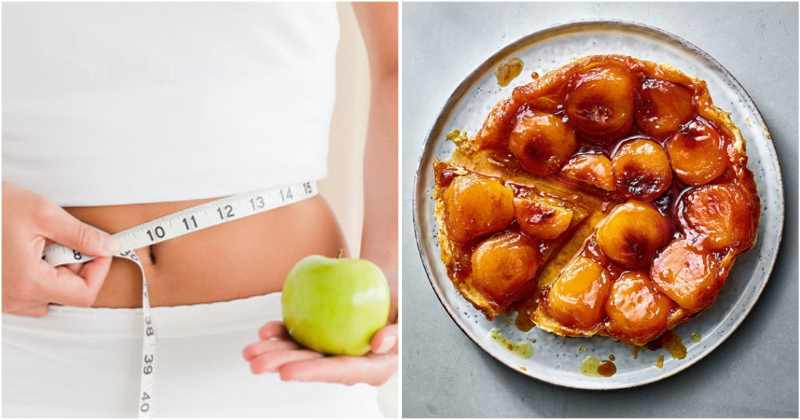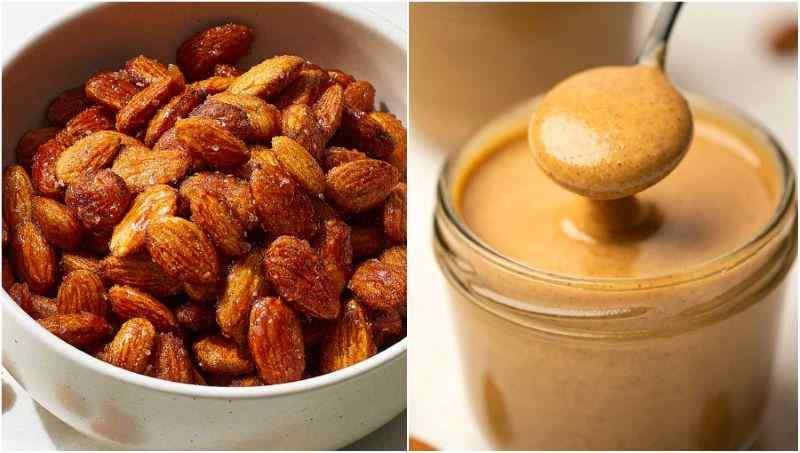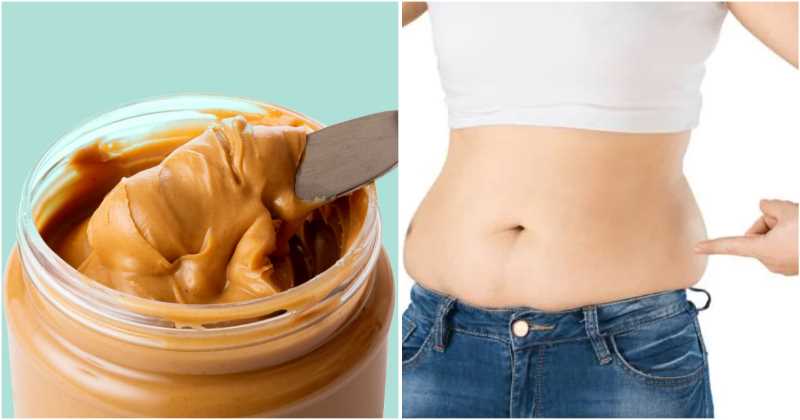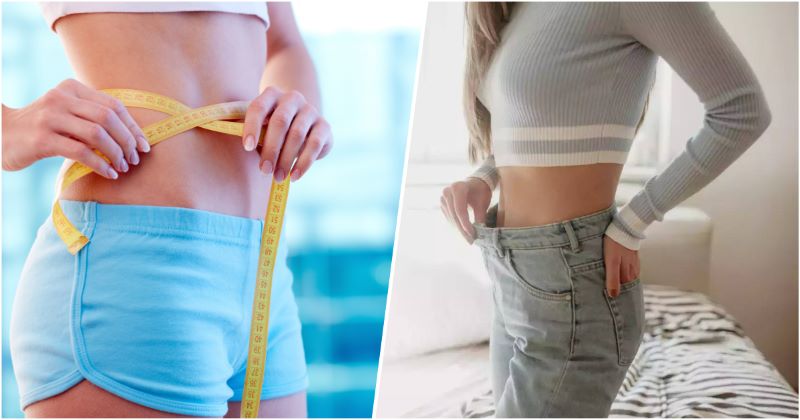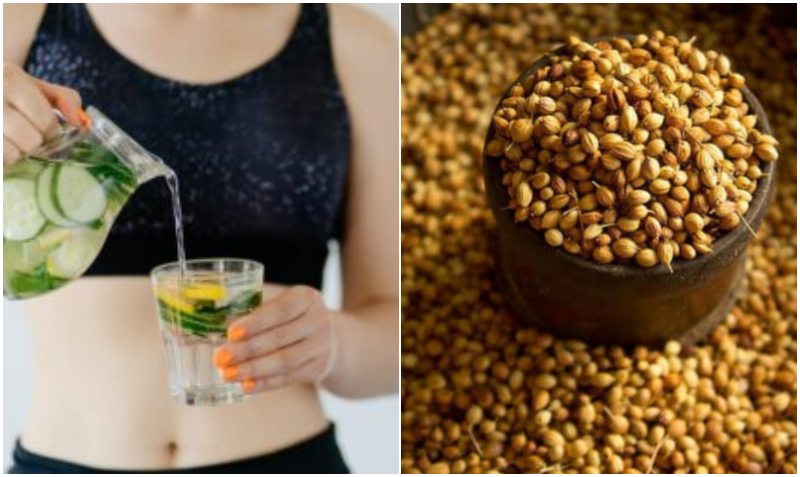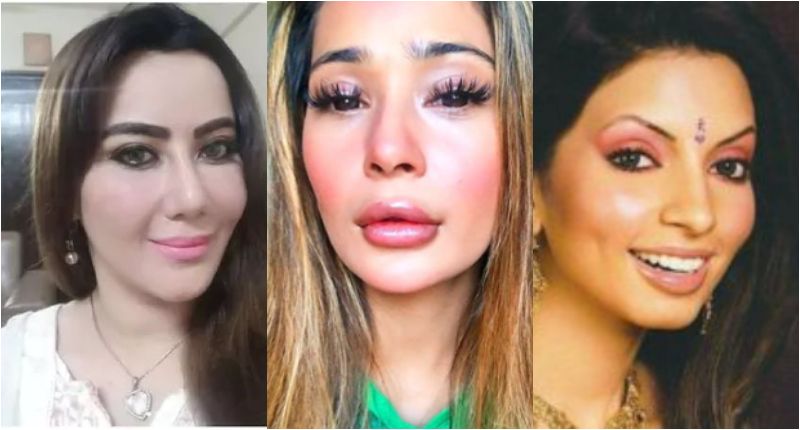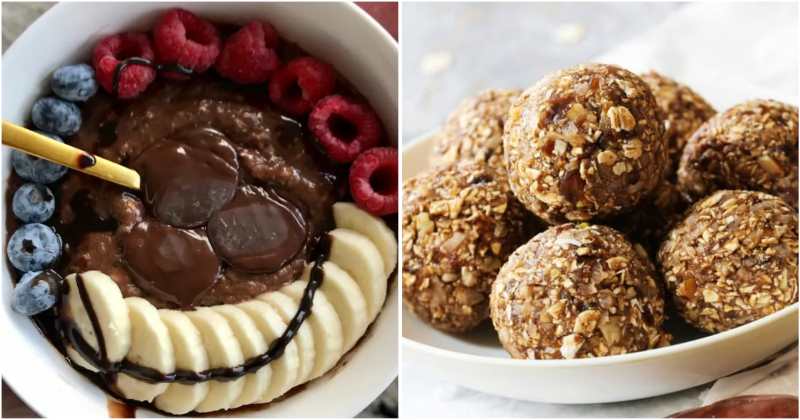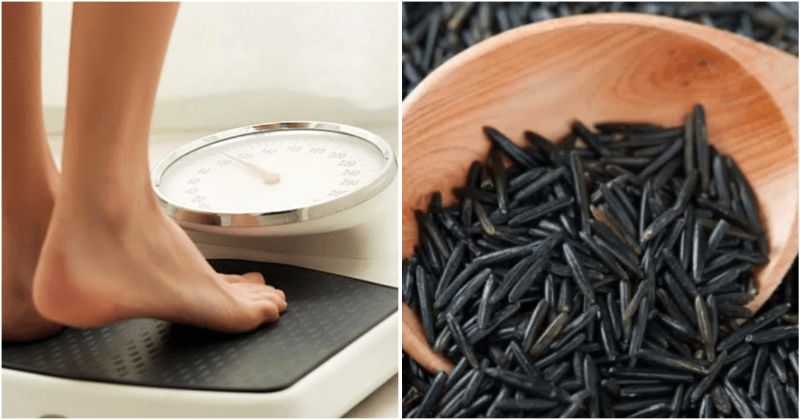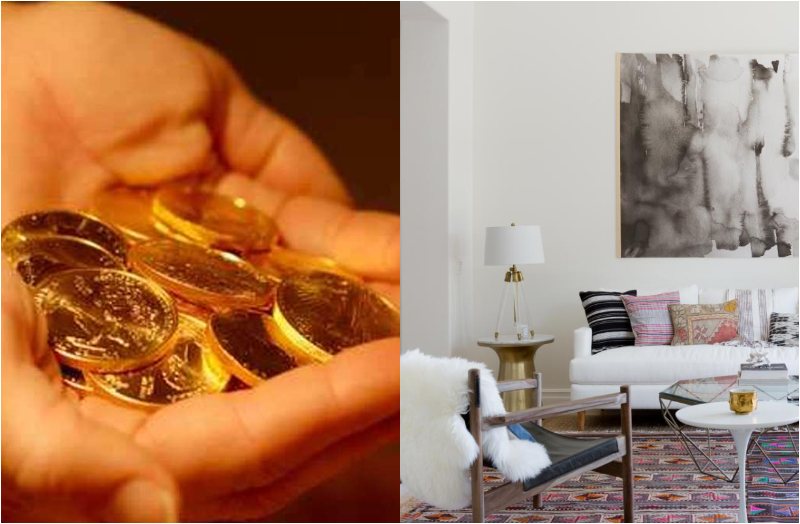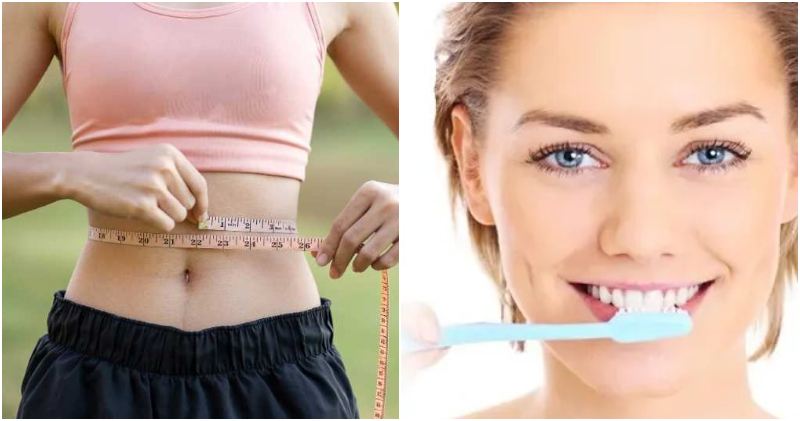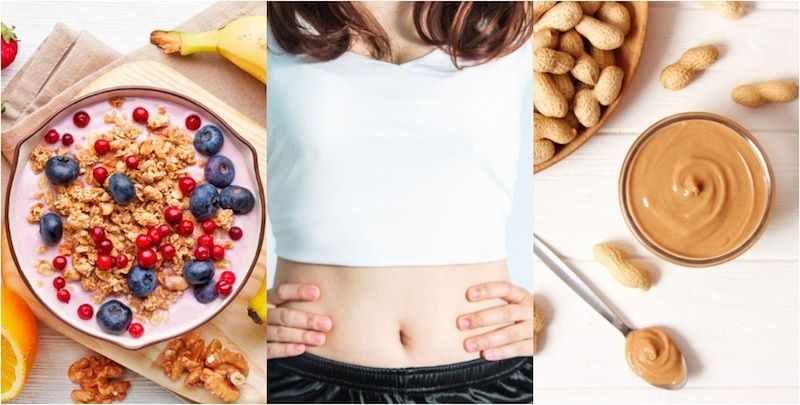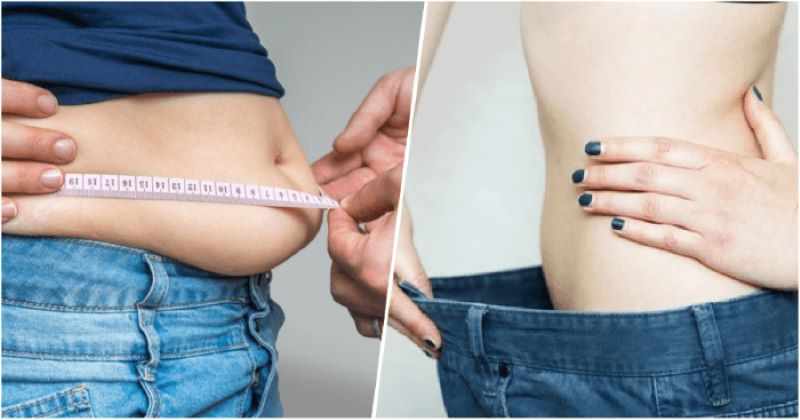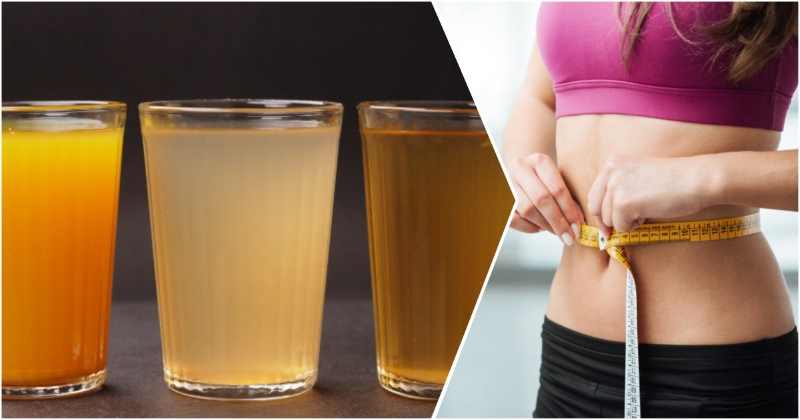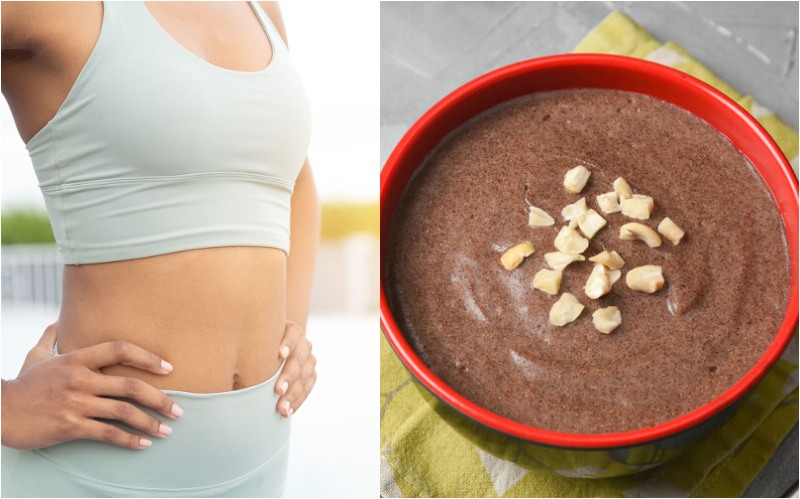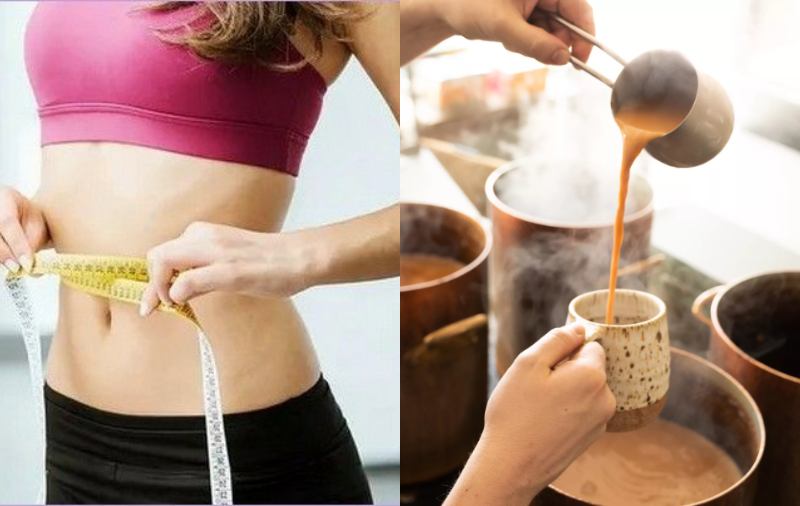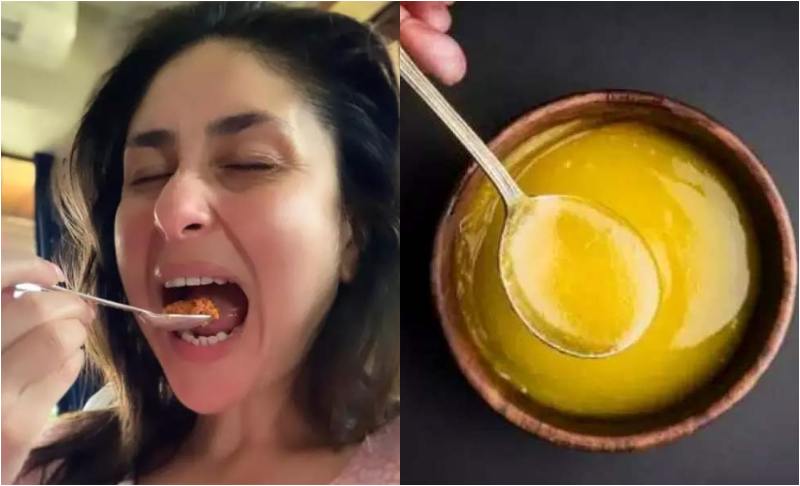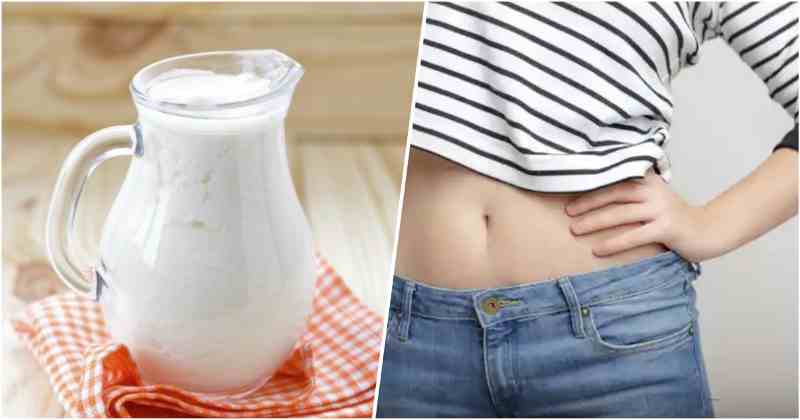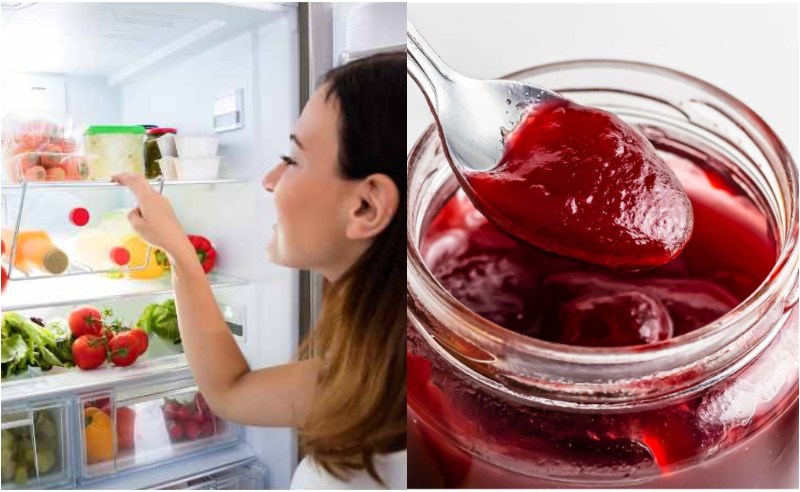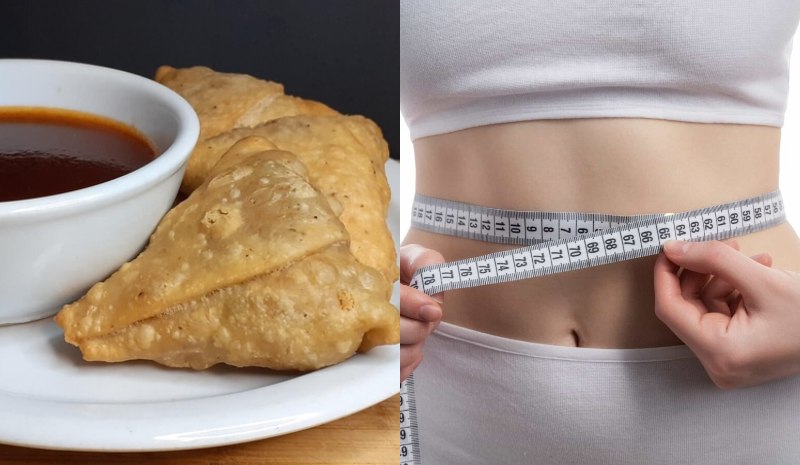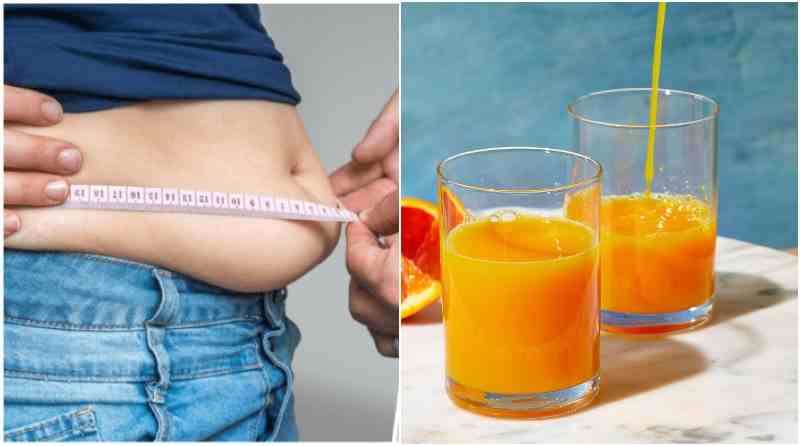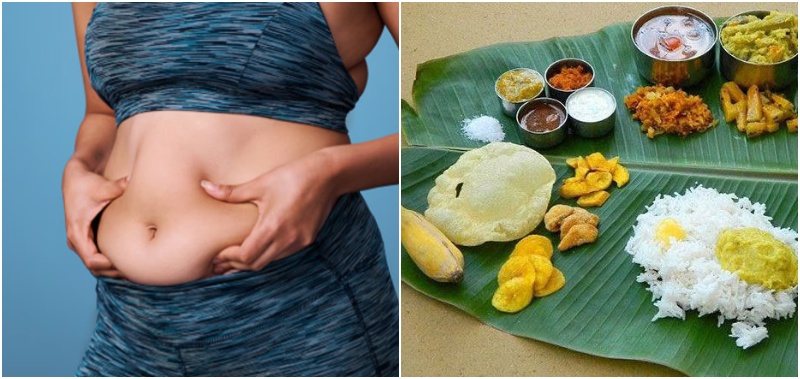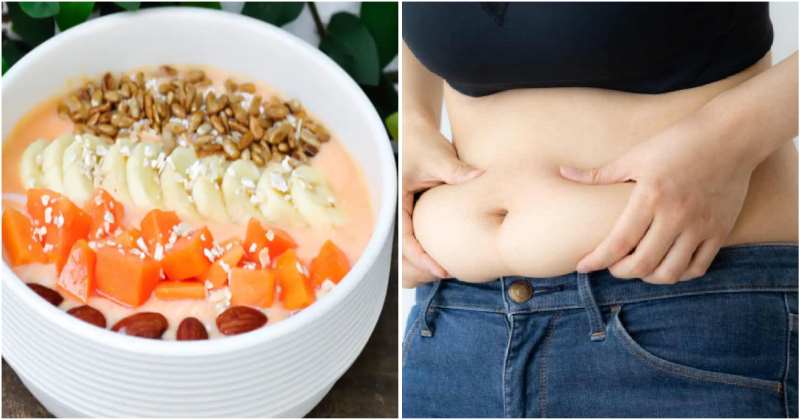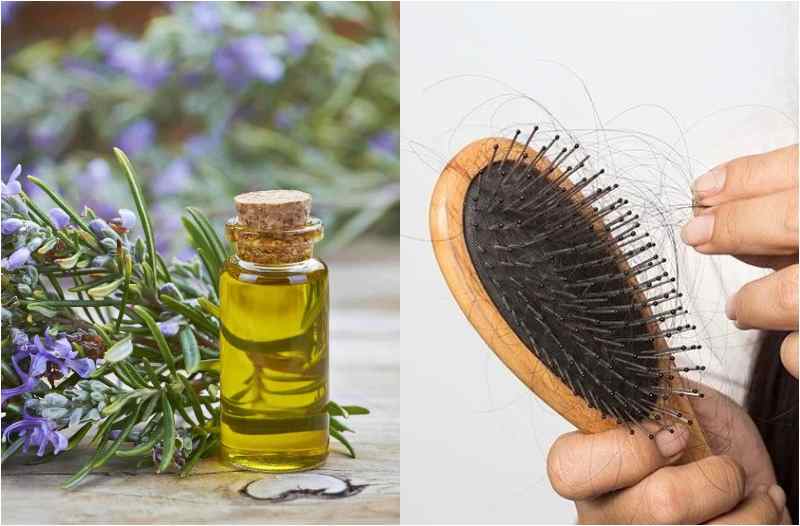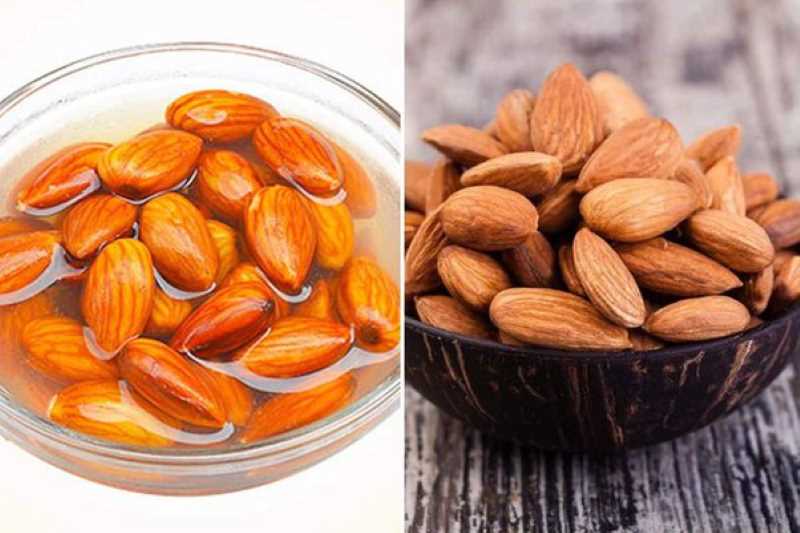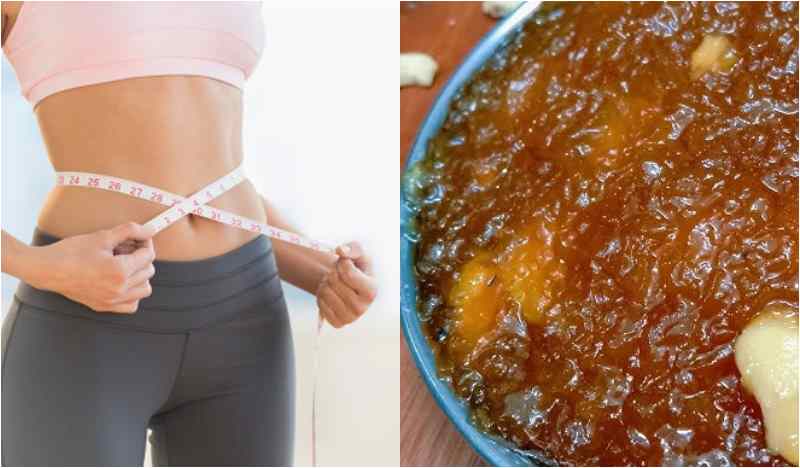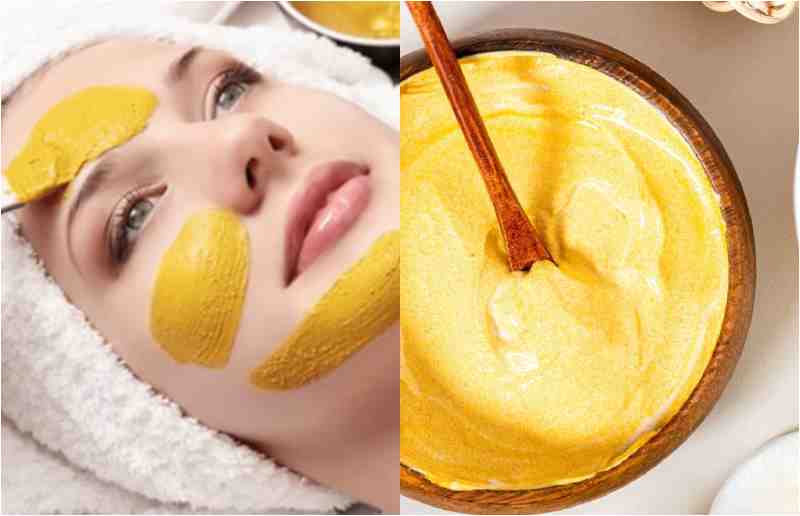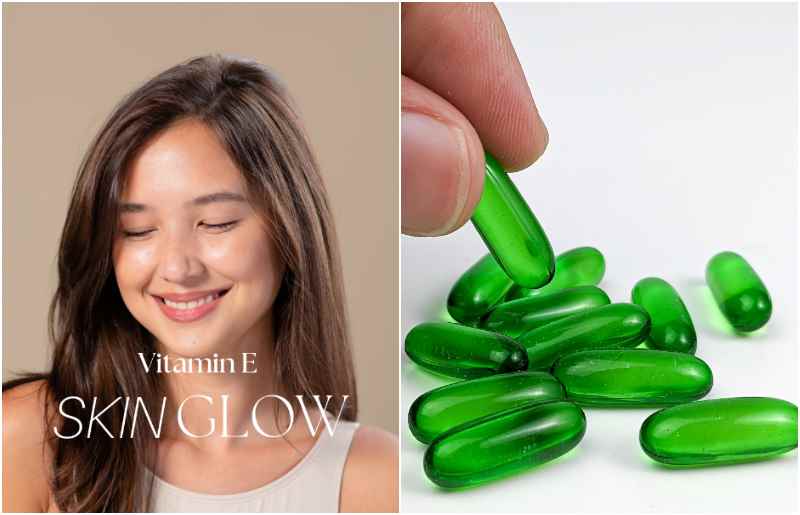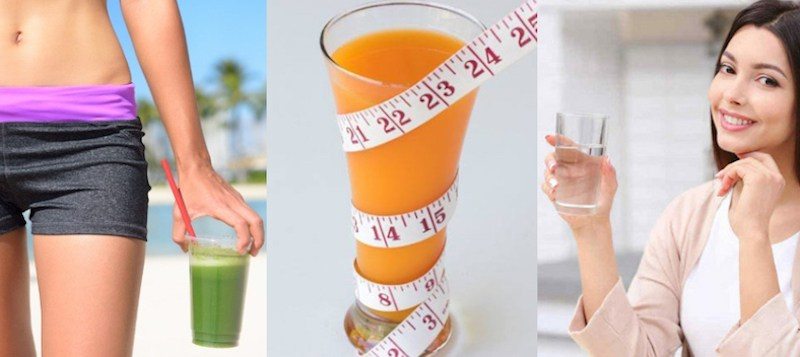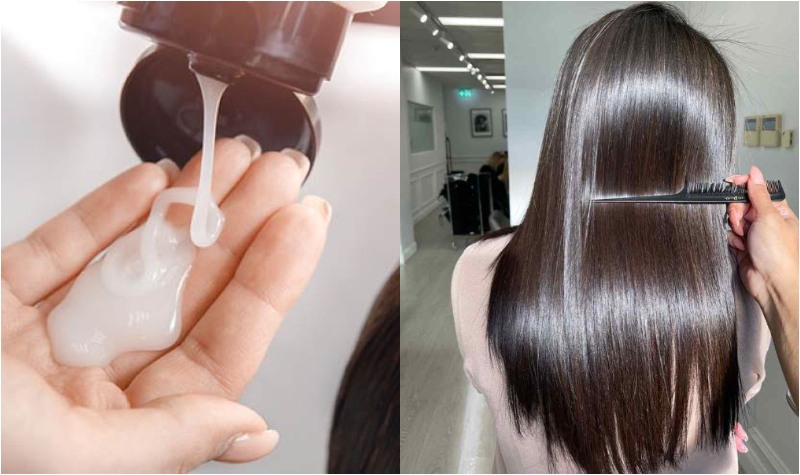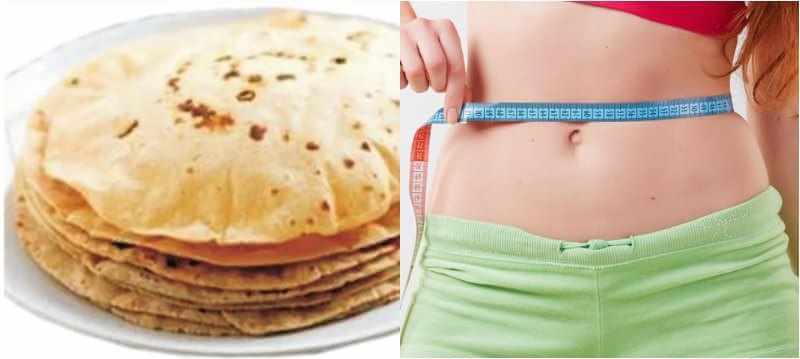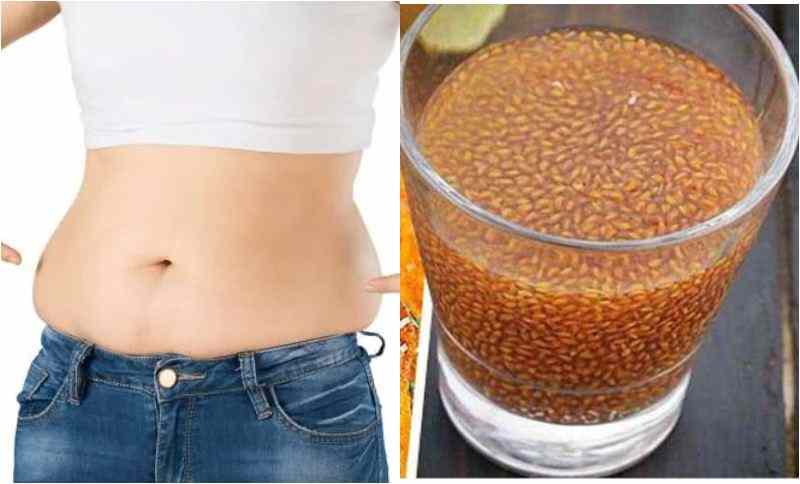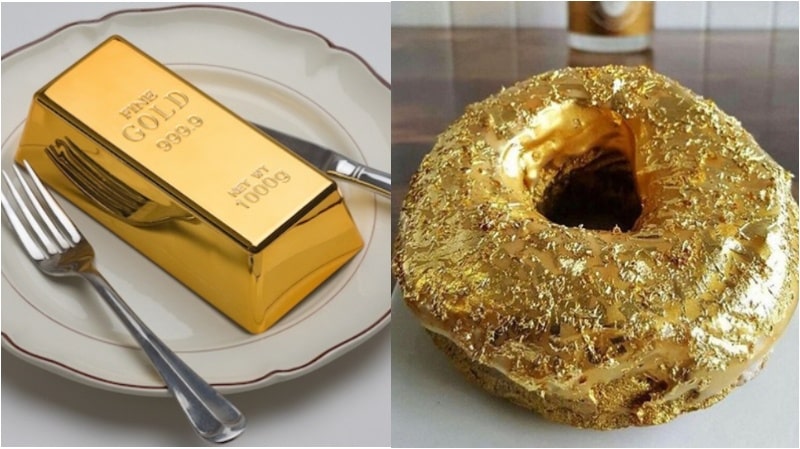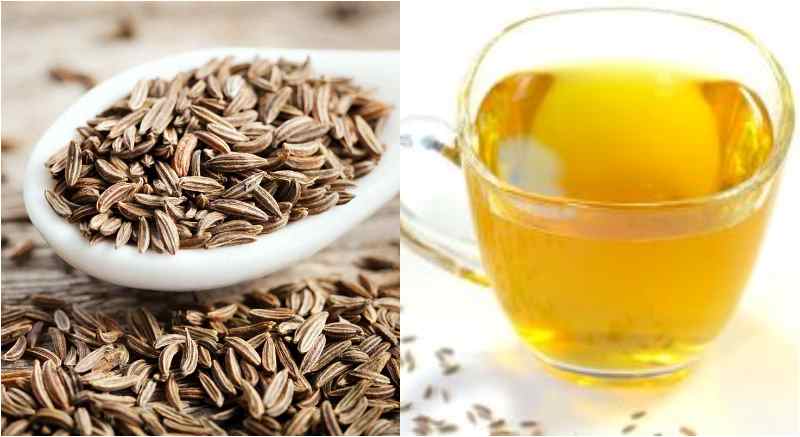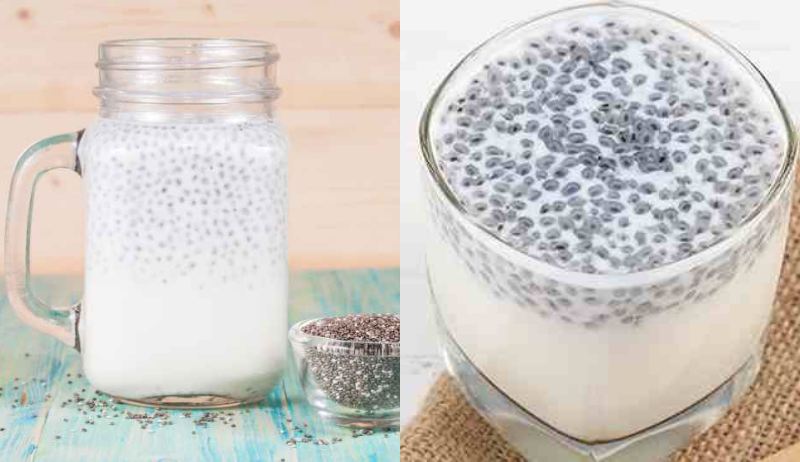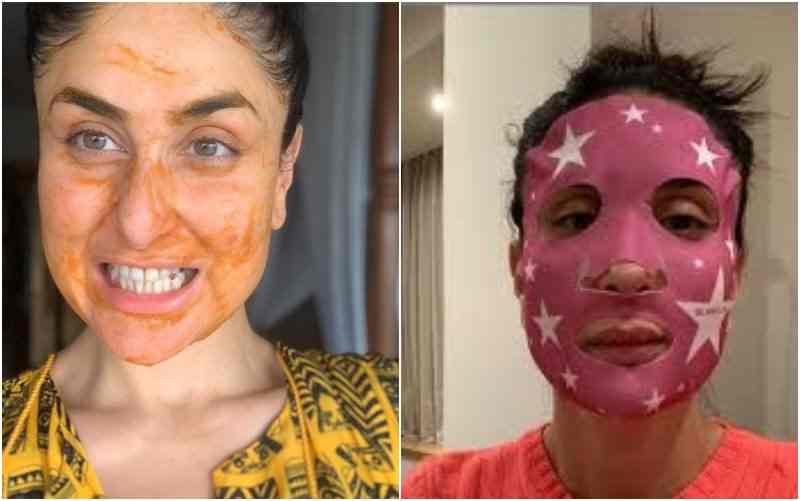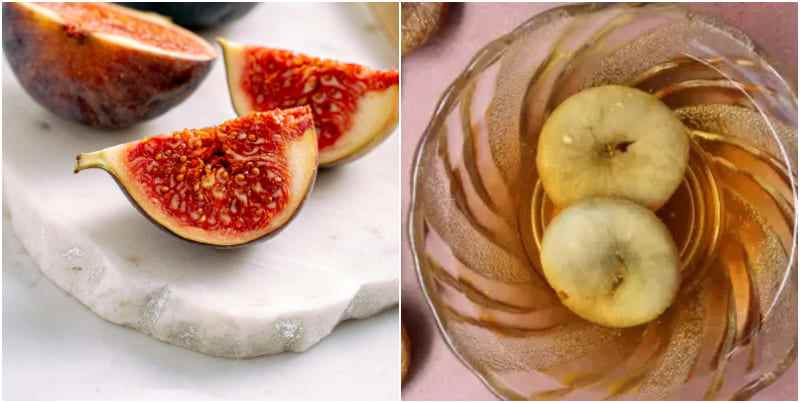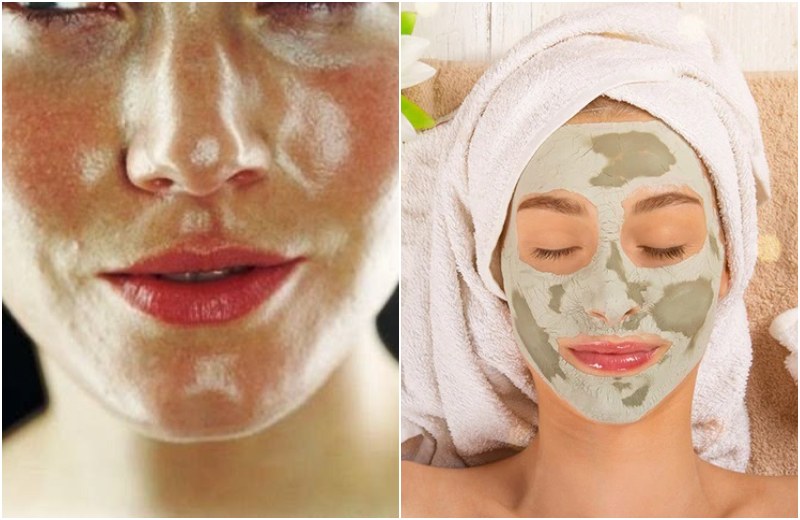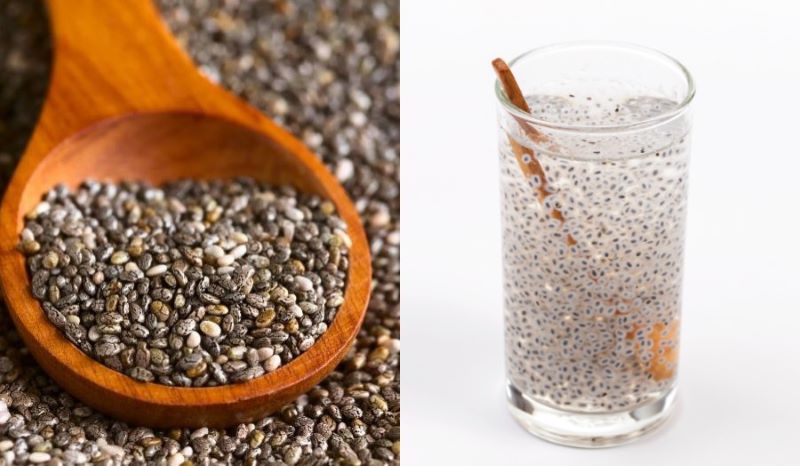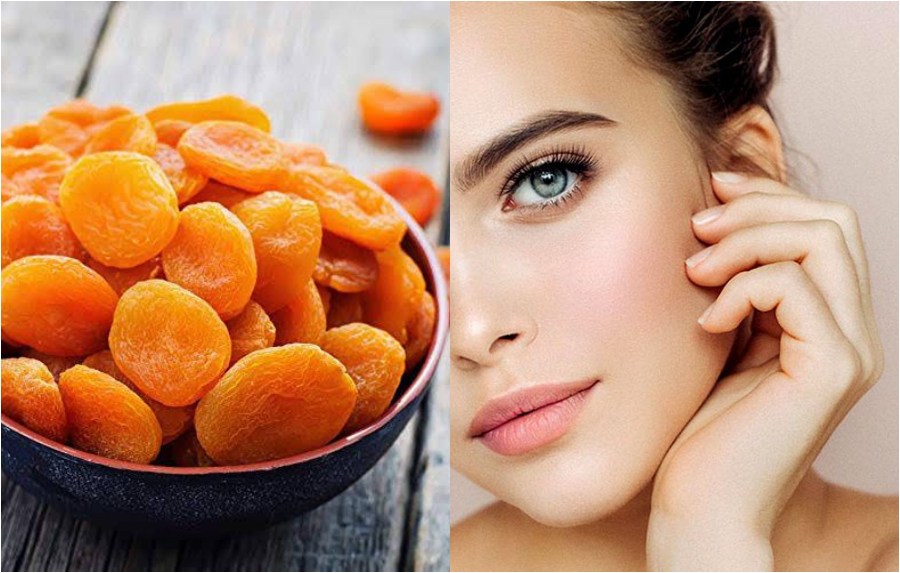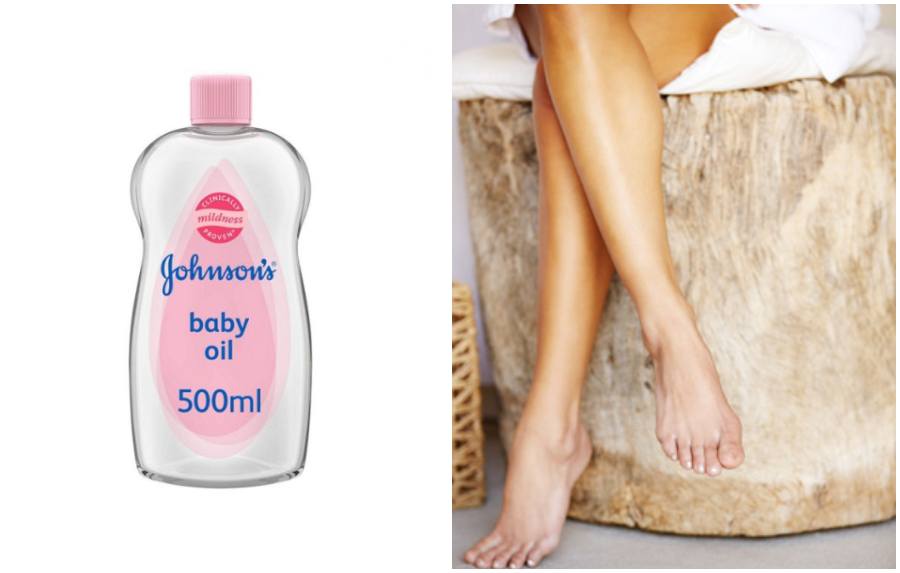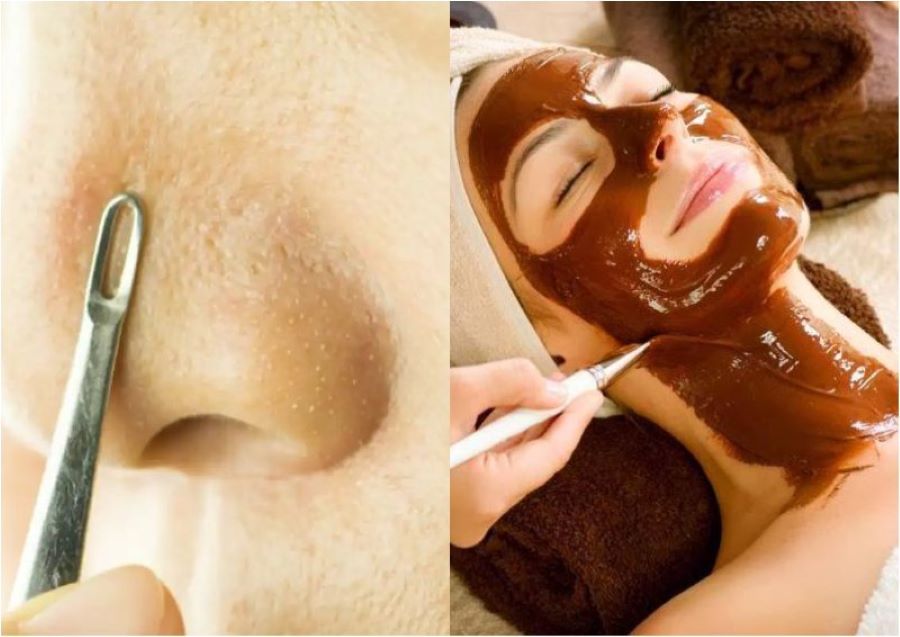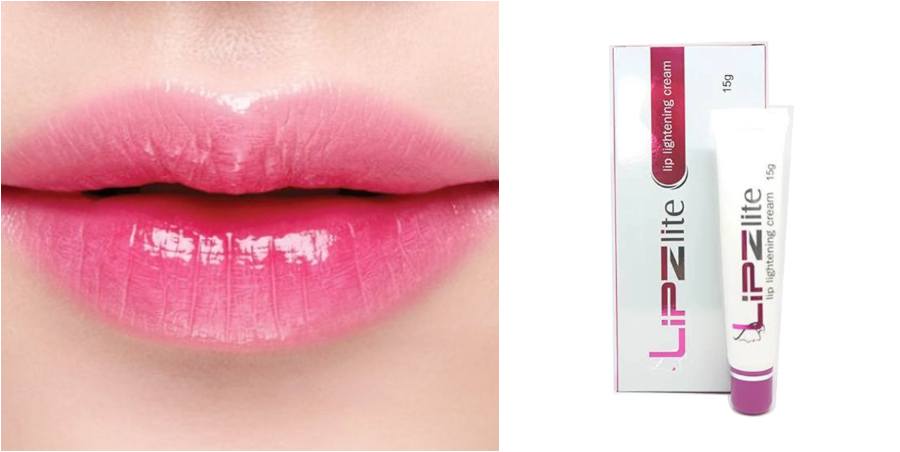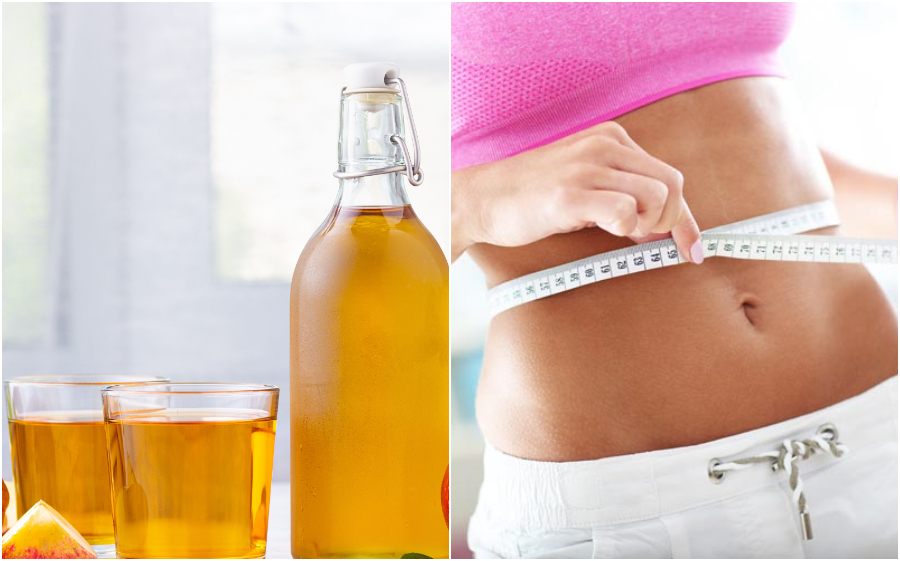Gigi Hadid and many influencers online may suggest that putting toothpaste on pimples is the fastest way to get rid of them, almost overnight. However, this is a big myth about getting rid of acne that not only doesn’t work but could actually backfire! Firstly, there are no scentific studies to back this home remedy, but some people think toothpaste might help with acne because most of them claim to “fight germs” in the mouth. They also think that since it’s an inexpensive, everyday use product, there’s no harm in trying! Wrong! In this article, we list out 4 shocking reasons you should never apply toothpaste on pimples.
How Did Using Toothpaste on Pimples Become a Popular Home Remedy?
First of all, there are no studies that back this claim. Years ago, toothpaste companies were using triclosan as an ingredient for its anti-microbial properties to fight germs, and some people just assumed that triclosan would work on the bacteria that causes pimples too. But unknown to many, FDA has banned the use of triclosan in over-the-counter products without premarket review in 2016, and hence this theory of depending on triclosan’s germ-fighting property to fight pimples is just futile.
4 Reasons You Should Never Apply Toothpaste on Pimples:
1. Pimple Could Get More Irritated and Bigger Than Before: Applying toothpaste on pimples could cause burning and stinging sensation and the chemicals in the toothpaste can irritate the skin and make the pimple bigger than before! So, never apply toothpaste on pimples right before a big day, like your first date or your best friend’s wedding!
2. It May Dry Out the Surrounding Skin: Even if used as a spot treatment, toothpaste can spread and cause dryness of the surrounding healthy skin; specifically chemicals like sodium lauryl sulfate and fluoride could cause dryness and itching of the skin within a short period of time.
3. Will Further Worsen Acne: Ingredients like baking soda, menthol, hydrogen peroxide that are commonly used in most toothpastes can be extremely drying, and can stimulate excess sebum production, leading to new pimples popping out, which may further aggravate acne condition.
Baking soda for example can disrupt the skin’s natural pH balance. Our skin’s pH balance is necessary to maintain a healthy skin barrier and most importantly to prevent bacterial growth. When baking soda disturbs this balance, it can lead to increased sebum production. Sebum is the natural oil produced by our skin, and excess sebum can clog pores and contribute to forming of new pimples! Therefore, rather than reducing acne, baking soda in the toothpaste can actually cause new pimples to pop out!
Likewise, menthol is a common ingredient often found in toothpastes that provides a cooling sensation. While it may feel refreshing in the mouth, menthol can iritate and dry out the skin, particularly for those with sensitive or acne-prone skin. This irritation can trigger inflammation and skin breakouts.
In a similar way, hydrogen peroxide, is a common antibacterial agent in toothpaste, to get rid of bacteria in the mouth. However, when applied to the skin topically, hydrogen peroxide can be a bit too harsh. It can strip away skin’s natural oils which keep the skin supple and soft, leading to dryness and irritation. In response to this dryness, the skin may produce more sebum as a protective mechanism, which, as mentioned earlier, can contribute to more acne.
4. May Contain Abrasive Ingredients: Certain toothpastes may contain abrasive ingredients such as hydrated silica and hydroxyapatite which are not at all suitable for delicate facial skin. Whitening toothpastes may have additional chemicals that can damage your skin.
Also read: Unlock Priyanka Chopra’s Famous Ubtan Recipe – Miss World’s Homemade Face Pack
In summary, it’s best to avoid using toothpaste as a treatment for pimples due to its potential to irritate the delicate facial skin and worsen pimple situation. You can also think about using benzoyl peroxide based products which are far more effective and much safer too. In this study published on Medical News Today, there’s a mention of how benzoyl peroxide can be an effective topical treatment for acne. However, seek out proven acne treatments recommended by dermatologists for safer and more effective results.

